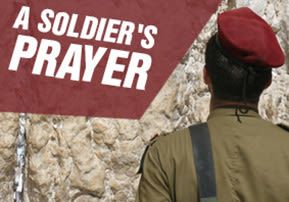
A Soldier’s Prayer
The workload and pressures of his combat unit made prayer seem like a needless burden that he was glad to be rid of. Then, someone gave him a book that saved his Judaism...

My unit had just arrived to the northern border of Israel and Lebanon. Our huge convoy trucks needed to be unloaded, all of equipment needed to be organized and put in place. The bags were heavy and there was barely any light to help see what we were doing. It was hectic adjusting to this new base and getting familiar with our surroundings. Once we were finished, our officers had us do a thorough inspection on our own personal gear. We had to display everything to the officers so they knew we had all of our equipment ready. This went on till 3:30 AM. Welcome to the IDF.
Wake up was at 6:00 and I couldn’t believe the dark circles around my eyes: "Who was this image in the mirror?" I thought to myself. I scrambled to get myself ready for the day, fighting exhaustion, and made it to the synagogue. There I quickly put on my tefillin and started praying. The problem though was that I was the only one there and being only an average Hebrew speaker I barely knew any of the words I was praying. I just wanted to be done with it, and get something to eat, I couldn’t wait to take off the Tefillin and shut the prayer book.
I was beginning to become worried, all my religious life I enjoyed prayer. But lately, with the huge workload 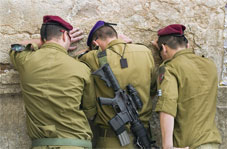 piled on us on this new base, prayer seemed like a huge heavy burden. This is what I feared the most going into the army. I couldn’t feel any longer my connection with Hashem. To my great relief it was at this time that I read two books that saved my Judaism, The Garden of Emuna and In Forest Fields by Rabbi Shalom Arush. These two books taught me principles that helped guide me through very stressful situations while in the army.
piled on us on this new base, prayer seemed like a huge heavy burden. This is what I feared the most going into the army. I couldn’t feel any longer my connection with Hashem. To my great relief it was at this time that I read two books that saved my Judaism, The Garden of Emuna and In Forest Fields by Rabbi Shalom Arush. These two books taught me principles that helped guide me through very stressful situations while in the army.
One of the first things you realize as a soldier in the IDF is the huge amount of energy there is in the air. Everyone is always busy with something or doing something else important. Everyone is under the clock. This stress on time can often lead to miscommunication or mistakes because you are always in a hurry. These situations can lead to inner conflict between soldiers. Sometimes a guy might be late switching his friend for guard duty, sometimes one guy will oversleep, sometimes someone might take your helping of chicken at dinner. The close environment that the army serves reminds us that we need to keep peace. But to keep peace you need Emuna.
The books I mentioned previously by Rav Arush teach you how to handle stressful situations from a Torah perspective using prayer as our guide. Like I said, my prayer in the synagogue was lacking meaning. But the book In Forest Fields taught me that I don’t need to be in the synagogue to talk to Hashem. Instead I could use my time during guard duty to connect and pray from my heart, not from a book. My guard shifts became the sweetest moments of being a soldier. Doing a shift from 2AM-4AM, seeing thousands of stars with my night vision goggles only then to be seeing the amazing sunrise was spiritual bliss. This was all despite the fact that I hadn’t taken off my shoes for three days and had only slept very minimally. But it was all because of the Emuna and techniques to personal prayer that Rav Arush and Rav Brody teach us.
Rabbi Akiva Tatz brings in his book, Living Inspired, that “The Rambam describes life as a dark night on a stormy plain – lashed by the rain and lost in darkness, one is faced with despair. But suddenly there is a flash of lightning. In a millisecond the scenery is clear as day, one’s direction obvious. But just as it is perceived it disappears, and one must fight through the storm with only the memory of the flash for guidance. The lightning lastsvery briefly, the darkness seems endless.”
So too with our lives, through the ups and downs and confusion at times we can lose our sense of direction or doubt our path. The key however is to invoke more light in our life amidst the darkness by turning to Hashem in prayer from our own hearts in seeking our true purpose and asking Him to lead us in the true path destined for us.
How do we make this practical? Those pressed for time should find ways to make sure they have a set time for personal prayer. Cleaning one’s home, during a jog or long commutes are excellent ways to fit in personal prayer into your regiment. The idea is to daily express your thanks, make amends and request your desires.






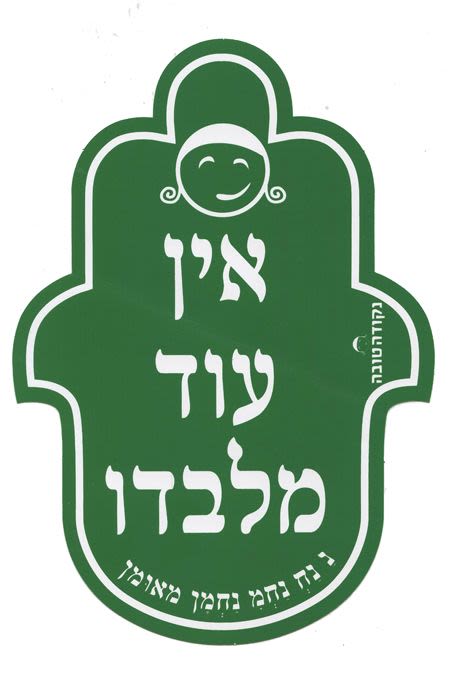


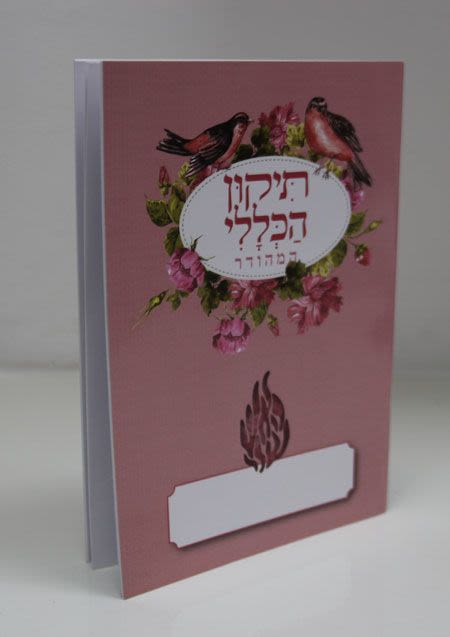
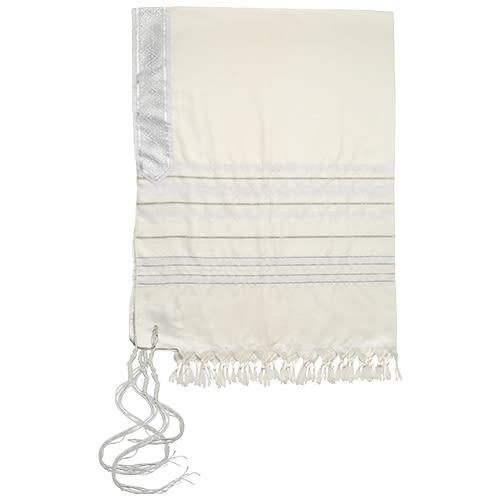
Tell us what you think!
Thank you for your comment!
It will be published after approval by the Editor.